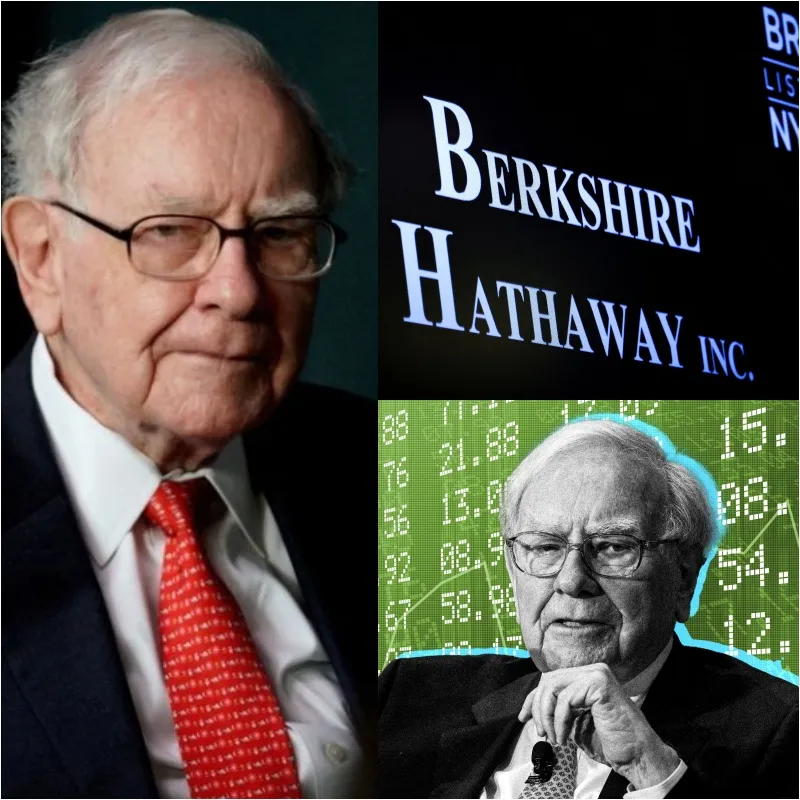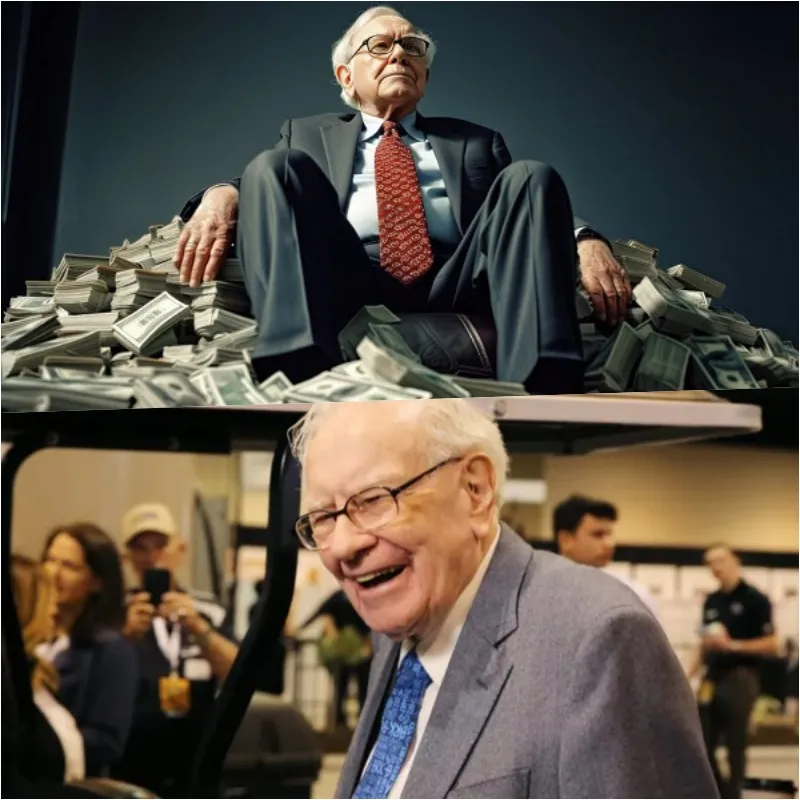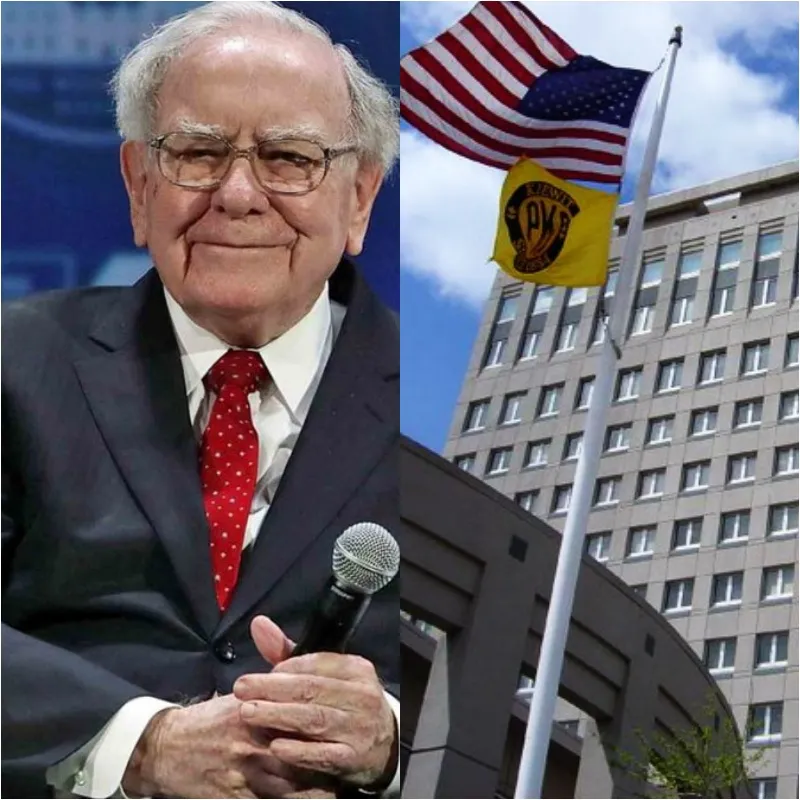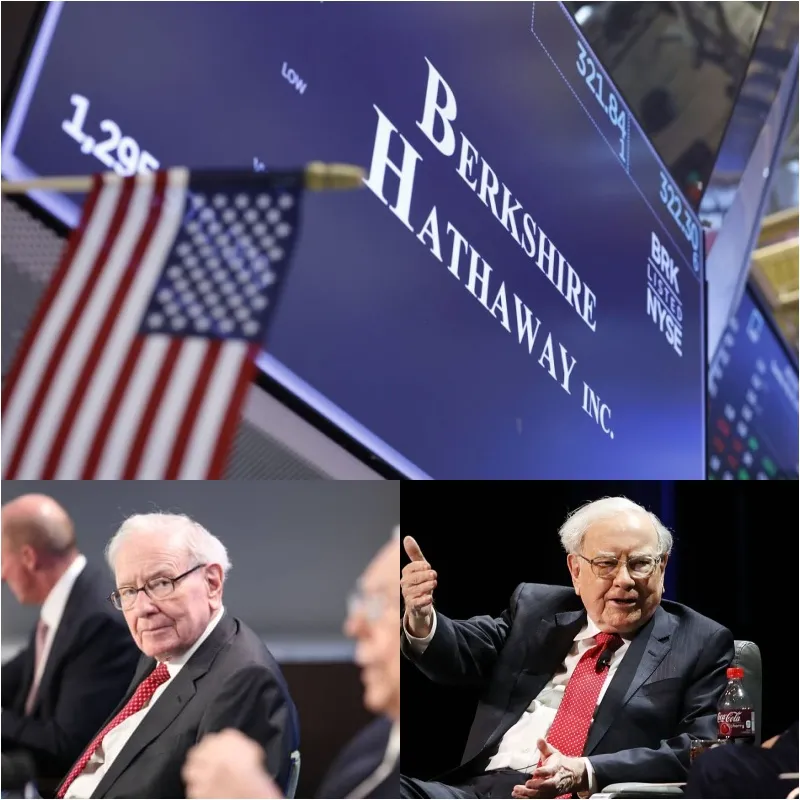
Berkshire Hathaway, led by legendary investor Warren Buffett, has amassed an unprecedented cash reserve of $325.2 billion, fueled by strategic divestments from companies like Apple and Bank of America during the third quarter. This cash accumulation highlights Berkshire’s cautious approach amid market volatility and signals Buffett’s preference for liquidity over new stock investments in the current economic climate.

Financial Report Highlights: Q3 2024 Performance
On November 2, Berkshire Hathaway’s financial report disclosed a 6% decline in operating profit year-over-year, totaling $10.09 billion. The primary reasons for this downturn include increased insurance payouts from natural disasters and a reduction in foreign currency income due to a stronger U.S. dollar.
Despite these setbacks, the substantial cash balance underscores Berkshire’s strategy of holding reserves, especially as the company has been a net seller in the stock market for eight consecutive quarters. Last quarter alone, Berkshire sold off $36.1 billion in equities, including a significant portion of its holdings in Bank of America. Conversely, it only reinvested $1.5 billion in new stocks, underscoring a conservative stance on equity investments. Additionally, Berkshire did not repurchase any of its treasury shares this quarter.

Berkshire’s Apple Stock Reductions
In a noteworthy move, Berkshire also trimmed its stake in Apple by offloading around 100 million shares this summer, bringing the total Apple shares sold in 2024 to over 600 million. This reduction, despite Berkshire’s substantial position in Apple, valued at nearly $70 billion, reflects a balanced approach between maintaining exposure to its largest stock holding and taking profits during favorable market conditions.
Buffett remains optimistic about Apple’s future role in Berkshire’s portfolio, stating in May that Apple would likely remain the firm’s largest investment, even as he selectively trims Berkshire’s position.
Insurance Sector Losses from Natural Disasters
The insurance arm of Berkshire faced significant headwinds this quarter. Insurance profits dropped 69%, largely driven by rising claims costs, including $565 million in losses attributed to Hurricane Helene. The company also projects further losses of $1.3 billion to $1.5 billion from Hurricane Milton, which impacted Florida in October. The increased claims underscore the challenges insurance providers face in an era of intensified natural disasters.

Net Income Rebound and Core Business Resilience
Berkshire’s net income surged to $26.25 billion, a sharp recovery from a $12.7 billion loss in the same period last year, driven largely by the rebound in stock markets which improved the valuation of its investment portfolio. It’s worth noting that Berkshire’s net income includes estimated gains or losses from its investments, as per accounting rules. This market-driven fluctuation means net income may not fully reflect the core operational performance, which remains steady across Berkshire’s diverse business portfolio.
Buffett has consistently emphasized that operating profits are a more accurate reflection of Berkshire’s business health, as they strip away market-driven variances in stock valuation. These core businesses—including railroads, energy, real estate, retail, and ownership of Dairy Queen and Fruit of the Loom—remain stable revenue generators.

Berkshire’s Conservative Investment Strategy
Berkshire Hathaway’s growing cash reserves reflect a conservative approach to market investments, highlighting Buffett’s preference for maintaining liquidity amidst uncertain economic conditions. The sizeable cash position equips Berkshire with flexibility for potential future investments or acquisitions when market conditions are more favorable.
In the meantime, the company’s reduction in high-profile stock holdings, particularly Apple, signifies a balanced strategy that prioritizes prudent profit-taking while keeping Berkshire positioned to capitalize on new opportunities.
Berkshire Hathaway’s approach, balancing cash accumulation with targeted stock divestments, serves as a hallmark of Buffett’s long-term investment philosophy, positioning the company to weather economic fluctuations and act decisively when new prospects arise.






